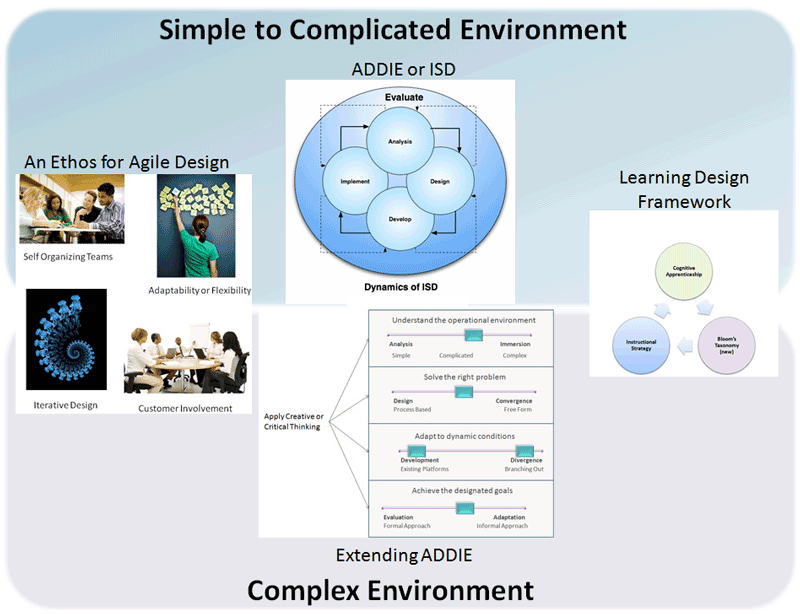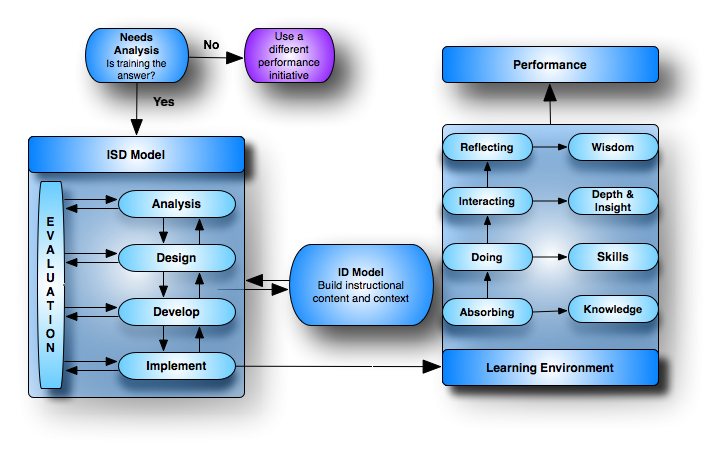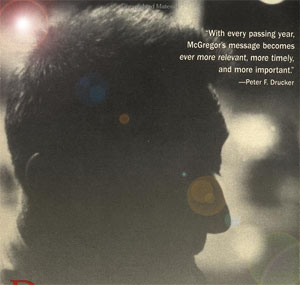Note: This site is moving to KnowledgeJump.com. Please reset your bookmark.
Theory X and Theory Y
Douglas McGregor (1906 - 1964) is one of the forefathers of management theory and one of the top business thinkers of all time. He was a social psychologist who became the President of Antioch College. He later became a professor of management at Massachusetts Institute of Technology (he was succeeded by Warren Bennis). His book The Human Side of Enterprise (1960) had a profound influence on the management field, largely due to his Theory X and Theory Y.
McGregor developed a philosophical view of humankind with his Theory X and Theory Y in 1960. His work is based upon Maslow's Hierarchy of Needs, in that he grouped the hierarchy into lower-order needs (Theory X) and higher-order needs (Theory Y). He suggested that management could use either set of needs to motivate employees, but better results would be gained by the use of Theory Y, rather than Theory X. These two opposing perceptions theorized how people view human behavior at work and organizational life:
Theory X
With Theory X assumptions, management's role is to coerce and control employees.
- People have an inherent dislike for work and will avoid it whenever possible.
- People must be coerced, controlled, directed, or threatened with punishment in order to get them to achieve the organizational objectives.
- People prefer to be directed, do not want responsibility, and have little or no ambition.
- People seek security above all else.
Theory Y
With Theory Y assumptions, management's role is to develop the potential in employees and help them to release that potential towards common goals.
- Work is as natural as play and rest.
- People will exercise self-direction if they are committed to the objectives (they are NOT lazy).
- Commitment to objectives is a function of the rewards associated with their achievement.
- People learn to accept and seek responsibility.
- Creativity, ingenuity, and imagination are widely distributed among the population. People are capable of using these abilities to solve an organizational problem.
- People have potential.
Intellectual creativity cannot be 'programmed' and directed the way we program and direct an assembly line or an accounting department. This kind of intellectual contribution to the enterprise cannot be obtained by giving orders, by traditional supervisory practices, or by close systems of control. Even conventional notions of productivity are meaningless with reference to the creative intellectual effort. Management has not yet considered in any depth what is involved in managing an organization heavily populated with people whose prime contribution consists of creative intellectual effort. — from Douglas McGregor's essay, New Concepts of Management.
For more information, see Leadership and Human Behavior.



